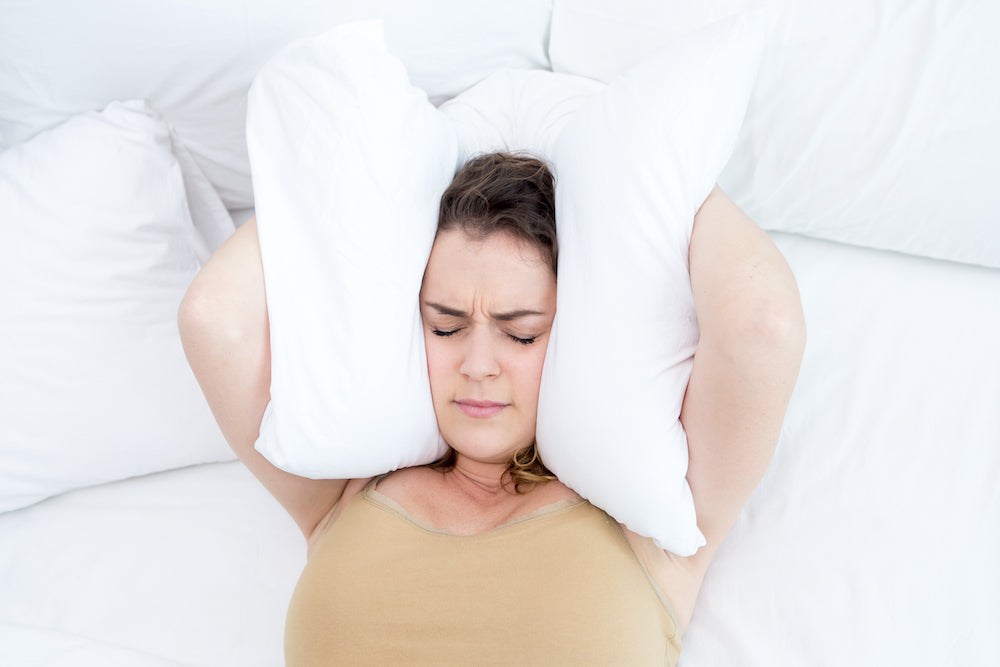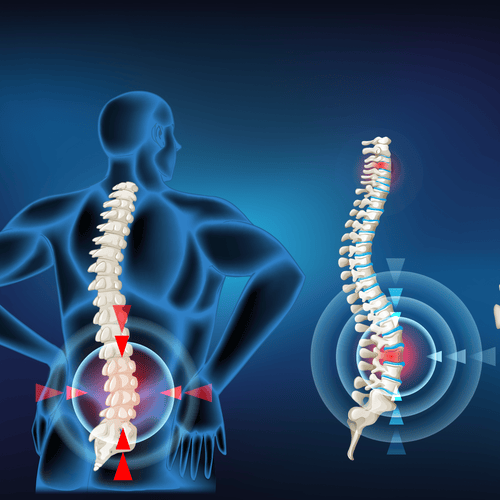Snoring may often be dismissed as a mere nuisance, but it can be a symptom of deeper health concerns like sleep apnea, nasal congestion, or even lifestyle choices. As acupuncturists, you have a unique toolkit to offer an alternative and natural solution for patients dealing with snoring. This article will explore the primary factors contributing to snoring and delve into how acupuncture points and Traditional Chinese Medicine (TCM) can help. For acupuncturists interested in learning more about snoring, and earning 15 PDA at the same time, check out the full length course: Snore No More
Three Primary Factors Contributing to Snoring
1. Sleep Position
Sleeping on the back can cause the tongue and soft palate to collapse to the back of the throat, partially blocking the airway and resulting in snoring.
2. Nasal Congestion
Blockages in the nasal passage due to allergies or sinus issues can contribute to snoring by forcing individuals to breathe through the mouth.
3. Weight and Lifestyle
Being overweight or having excess neck tissue can narrow the airway, increasing the likelihood of snoring. Similarly, alcohol and sedative use relax throat muscles, contributing to snoring.
Specific Acupuncture Points for Snoring
Lung Meridian:
- LU7 (Lieque): Located above the wrist on the inside of the arm, this point helps alleviate nasal congestion.
- LU9 (Tai Yuan): Situated at the wrist crease, this point supports lung function and can help improve breathing.
Stomach Meridian:
- ST36 (Zu San Li): Found below the knee, it helps to improve the muscle tone of the upper airway, thus reducing snoring.
- ST40 (Fenglong): Located on the lower leg, this point can alleviate phlegm which might be obstructing the airway.
Spleen Meridian:
- SP6 (San Yin Jiao): This point, found above the ankle, can help in treating obesity, one of the contributing factors to snoring.
TCM Patterns and Snoring
Phlegm-Heat Obstructing the Lungs:
This pattern manifests as loud snoring accompanied by feelings of heat, a stifling sensation in the chest, and possible yellow phlegm.
- Acupuncture Treatment: LU5 (Chi Ze) and ST40 (Feng Long) to clear Phlegm-Heat from the Lungs.
- TCM Formulas: Qing Qi Hua Tan Wan to clear heat and transform phlegm.
- Dietary Suggestions: Foods that clear heat like watermelon, cucumber, and mint.
Qi Deficiency of the Lungs and Spleen:
This pattern manifests as soft snoring, daytime fatigue, and possible digestive issues.
- Acupuncture Treatment: LU9 (Tai Yuan) and SP3 (Tai Bai) to tonify Lung and Spleen Qi.
- TCM Formulas: Liu Jun Zi Tang to strengthen the Spleen and Lungs.
- Dietary Suggestions: Foods that tonify Qi like sweet potatoes, oats, and lean meat.
Liver Fire Rising:
In this pattern, snoring is often loud and is accompanied by symptoms of irritability, a flushed face, and possibly a bitter taste in the mouth upon waking.
- Acupuncture Treatment: LV2 (Xing Jian) and LV3 (Tai Chong) to drain Liver Fire.
- TCM Formulas: Long Dan Xie Gan Tang to purge Liver Fire.
- Dietary Suggestions: Foods that cool the Liver like leafy greens, cucumber, and celery.
Yin Deficiency with Empty Heat:
This pattern manifests as soft snoring with episodes of waking during the night, night sweats, and a dry mouth.
- Acupuncture Treatment: KI3 (Tai Xi) and HT6 (Yin Xi) to nourish Yin and clear Empty Heat.
- TCM Formulas: Tian Wang Bu Xin Dan to enrich Yin and anchor the Yang.
- Dietary Suggestions: Foods that nourish Yin like goji berries, black sesame seeds, and milk.
Snoring might be common, but it should not be overlooked, especially when it could be an indicator of more serious health issues. Acupuncture, combined with the wisdom of TCM, offers a holistic approach to tackling the root causes of snoring. Integrating these points and patterns into your practice can offer your patients a non-intrusive and effective alternative to conventional treatments for snoring. To learn more while earning 15 CEU towards license renewal, see course on Snoring.



















